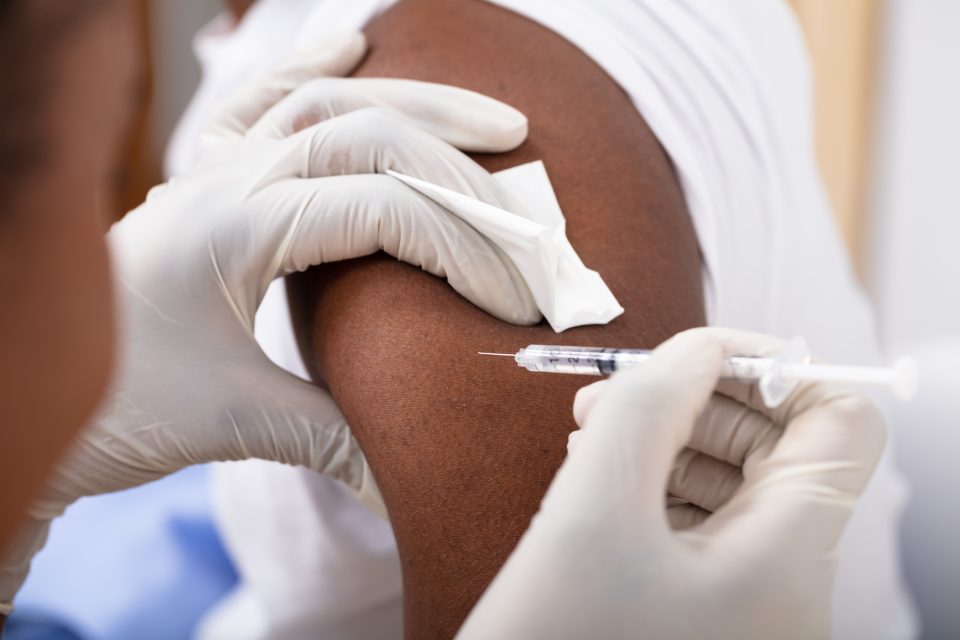
Johnson & Johnson‘s coronavirus vaccine has suffered yet another setback with the Food and Drug Administration reporting that receiving the vaccine can lead to an increased risk of developing a rare neurological condition known as Guillain-Barré syndrome. While the chance of developing the syndrome is low, receivers of the Johnson & Johnson vaccine are 3 to 5 times more likely to develop the condition than those who have not received the Johnson & Johnson vaccine. Around 100 suspected cases have been identified among those who received the Johnson & Johnson vaccine. Fortunately, most who develop the condition recover.
However, a 57-year-old man from Delaware, who had recently suffered from a heart attack and a stroke, died in early April after being vaccinated and developing Guillain-Barré syndrome.
This report comes months after it was found that the Johnson & Johnson vaccine has lead to the development of thrombosis with thrombocytopenia syndrome, a dangerous blood clot syndrome with low platelets. The syndrome was only seen to have developed in women younger than 50 but was serious enough for the CDC and FDA to recommend a pause in the distribution and usage of the vaccine in the United States until the risk was properly vetted.
The FDA is making a similar recommendation with the discovery of this latest dangerous side effect. Dr. Luciana Borio, former acting chief scientist at the FDA during President Barack Obama’s presidency stated that “It’s not surprising to find these types of adverse events associated with vaccination,” and that the data collected so far suggest that the benefits “continue to vastly outweigh the risks,” Dr. Borio told The New York Times.
Continue reading on the next page.











